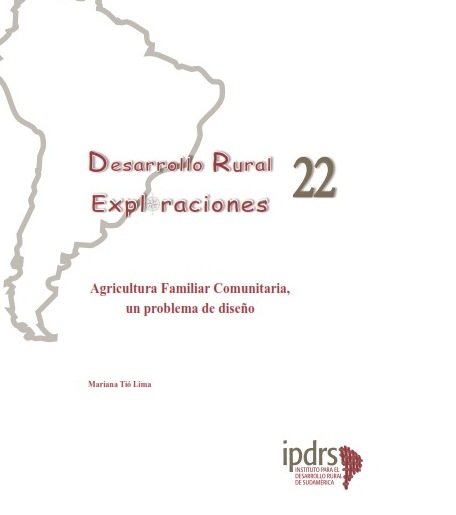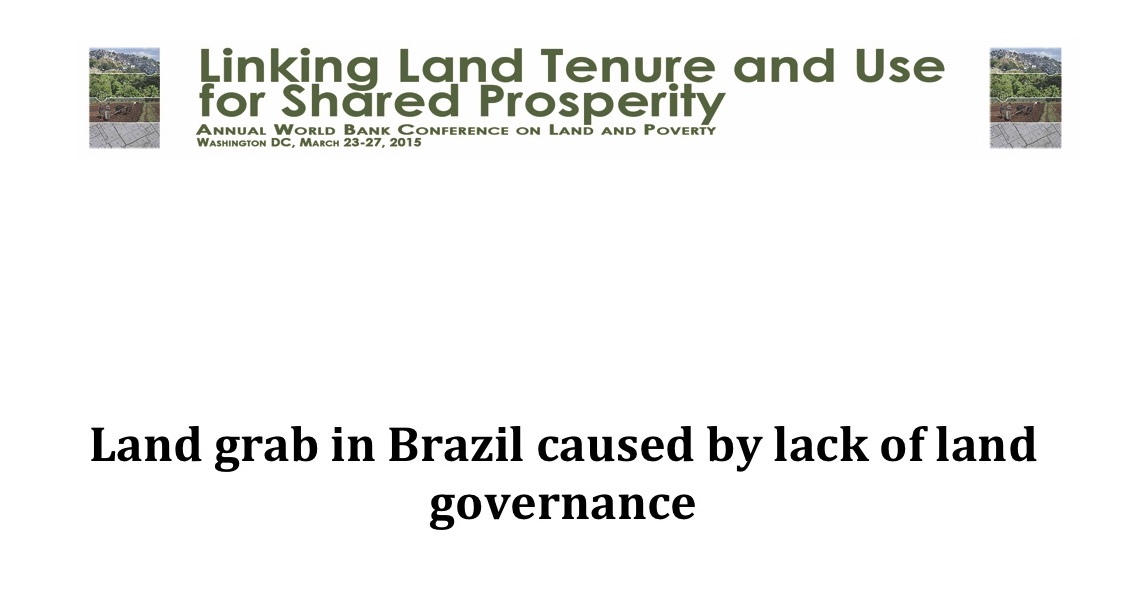Forced Displacement in the Great Lakes Region
At the end of 2013, there were about 3.3
million people who remained forcibly displaced within the
Great Lakes Region (GLR) of Africa. Of these, 82 percent
were internally displaced persons (IDPs) and 18 percent
refugees; 64 percent were under 18 years old. This Report
analyzes the extent, causes, and character of this forced
displacement, with particular attention to certain situations.






